BORN IN ELGIN, Ill., Nadia Alfaro is a 20-year-old who identifies herself as Mexican but also struggles with the term “Mexican-American” for her identity. Alfaro’s mother was born and raised in the U.S. with Hispanic roots while her father was born in Mexico. Even though she was born in the U.S. as well as her mother, her grandparents are from Mexico, which leads her to two conflicting positions.
What do you think of the term Latinx to identify people of Latin American or Spanish background?
I like how it gives us an umbrella to put us underneath, but I don’t like how it bunches us all together. I know we all have different cultures within our Latinx community, [with] different styles and different traditions. I don’t like how they pretty much join that all together when there’s clearly a difference, but a good difference.
So, like how they put us in one genre, but they don’t have any sub genres for the rest of the community.
Yes, exactly.
Do you feel that Latinx is just an excuse for corporations to lump all Latino cultures together?
I would say yes in the way that corporations can benefit off of that. When you’re signing up to apply for a job and they ask you what your race is, “because they want to know for future references,” I don’t like how they use that because I know that some way they will be able to benefit off of it. And it’s the same for any other race too, which sucks.
Has your experience as a Latinx person isolated you to the way you grew up or have you been able to branch out culturally?
Yes and no. I grew up with my grandparents. Later, as I started going to school more and hanging out with people who were not Mexican traditionally or anything Latinx, I kind of picked up some things from them and I just turned that into my personality, I’m not sure how to word it.
Do you mean that you take not personality traits but things that are representative of their culture and take it in for yourself?
Yeah, like culturally appropriate [them] but in a good way, the right way, where’s I’m not doing it intentionally to offend them or to hurt someone’s feelings.
“I like how [Latinx] gives us an umbrella to put us underneath, but I don’t like how it bunches us all together.”
Do you speak Spanish? And how do view Spanish as an attribute to your identity?
I’m what you call a “No sabo” kid, but I know enough to know enough. I can understand most of it, but I can’t really speak it properly or write it properly because I haven’t had enough education in that besides taking one class of Spanish in school. I know enough to get by. I grew up with my grandparents and once I wasn’t around them anymore, I didn’t have the need to speak Spanish. In my household we mainly speak English but also throw in Spanish every now and then, like the Spanglish. But for the majority of it when I was with my grandparents it was always Spanish and that’s how I learned it. They never really taught me how to write it, but they taught me how to speak it.
How important do you think it is for someone to speak Spanish as a Latinx person?
I would say it’s very important, even though I can’t really speak on this just because I know I’m lacking some of it. It’s important since it could give them a really good future for jobs. Maybe do translating that [offer] them an even better position that they would [have had] before. If they were able to keep up with it and be able to not back down and keep pushing forward on whatever they are doing, they have that double language. I feel that it’s very good for them because they will be to get much further in life, for sure.
Would you say your culture is better than someone else’s who is from a different ethnicity or from a different country?
No, I would say that we are equal since we all have different things. We can’t really speak [on issues] that we haven’t experienced. Once we do, maybe we can. [Besides] we don’t have the right to be so judgmental. I wouldn’t want to bash on someone else’s culture either because it’s sad. How would you feel if they did the same thing to you? That would hurt; it would be disrespectful. It wouldn’t feel right I wouldn’t want to do that to someone.
Does culture appropriation bother you?
Yes and no. It has to do with the right time and right place. You would have to know when to do it and when not to do it, especially around Day of the Dead and Halloween. I wouldn’t want to have a white girl or somebody wearing the sugar skull makeup, headdress, the dress, everything. I don’t want someone to go all out in that unless they know what they are doing, know how to do it right, especially if you know how they have altars for the family members. I don’t think they really go into that thinking that it’s to remember their ancestors; to remember their family members and loved ones. They just think, “It’s just makeup, costumes, there’s dancing, and parties, it’s fun.” But it’s more than that. It goes way deeper. I would get a little bit upset since they probably don’t know what or why they are doing it. Due to the lack of information, they wouldn’t understand or try to understand. They would say “Oh it’s makeup, it’s nice” and we have all the nice food and decorations. They just want to see it for the aesthetic. That’s just not okay.

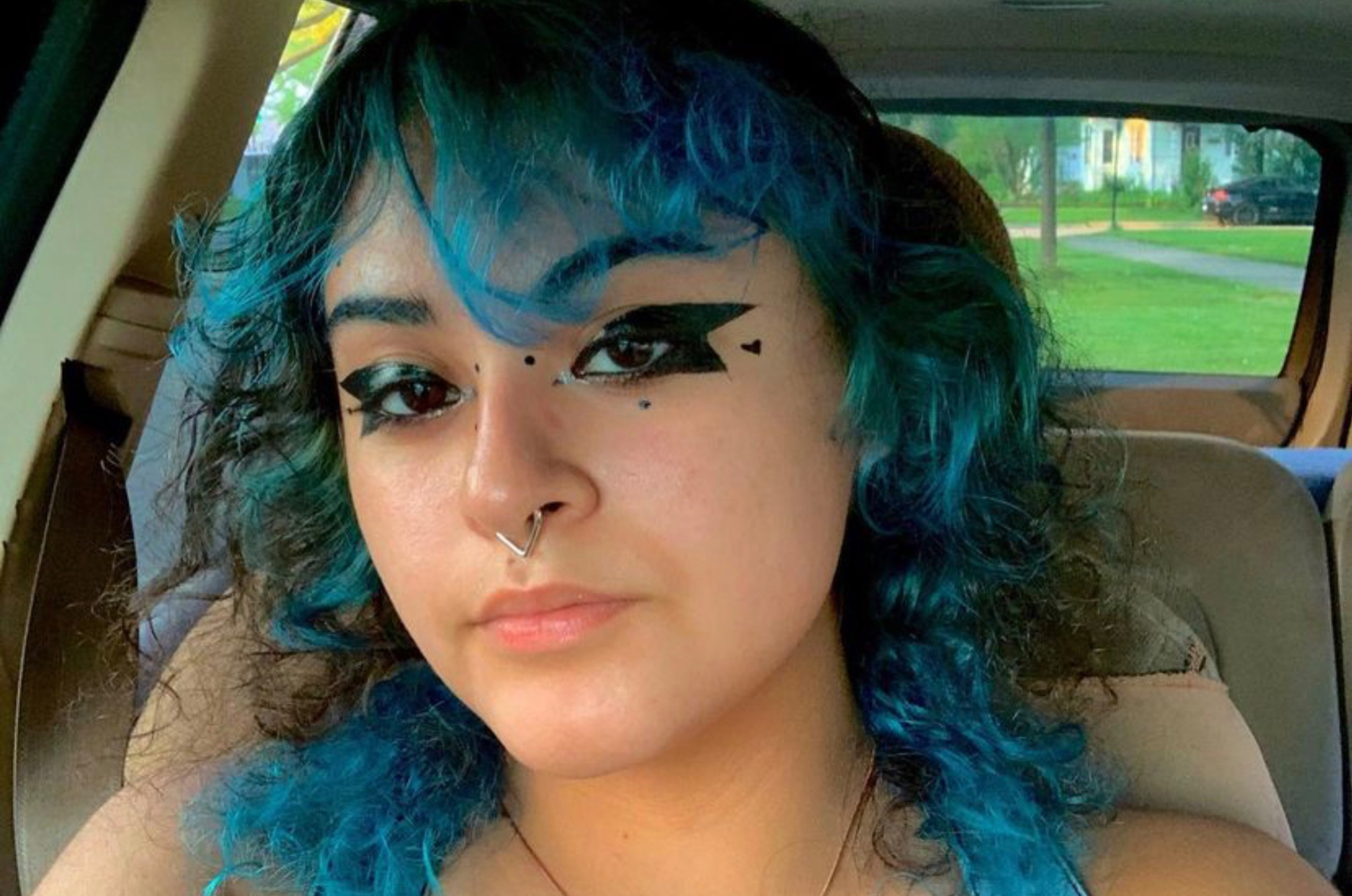
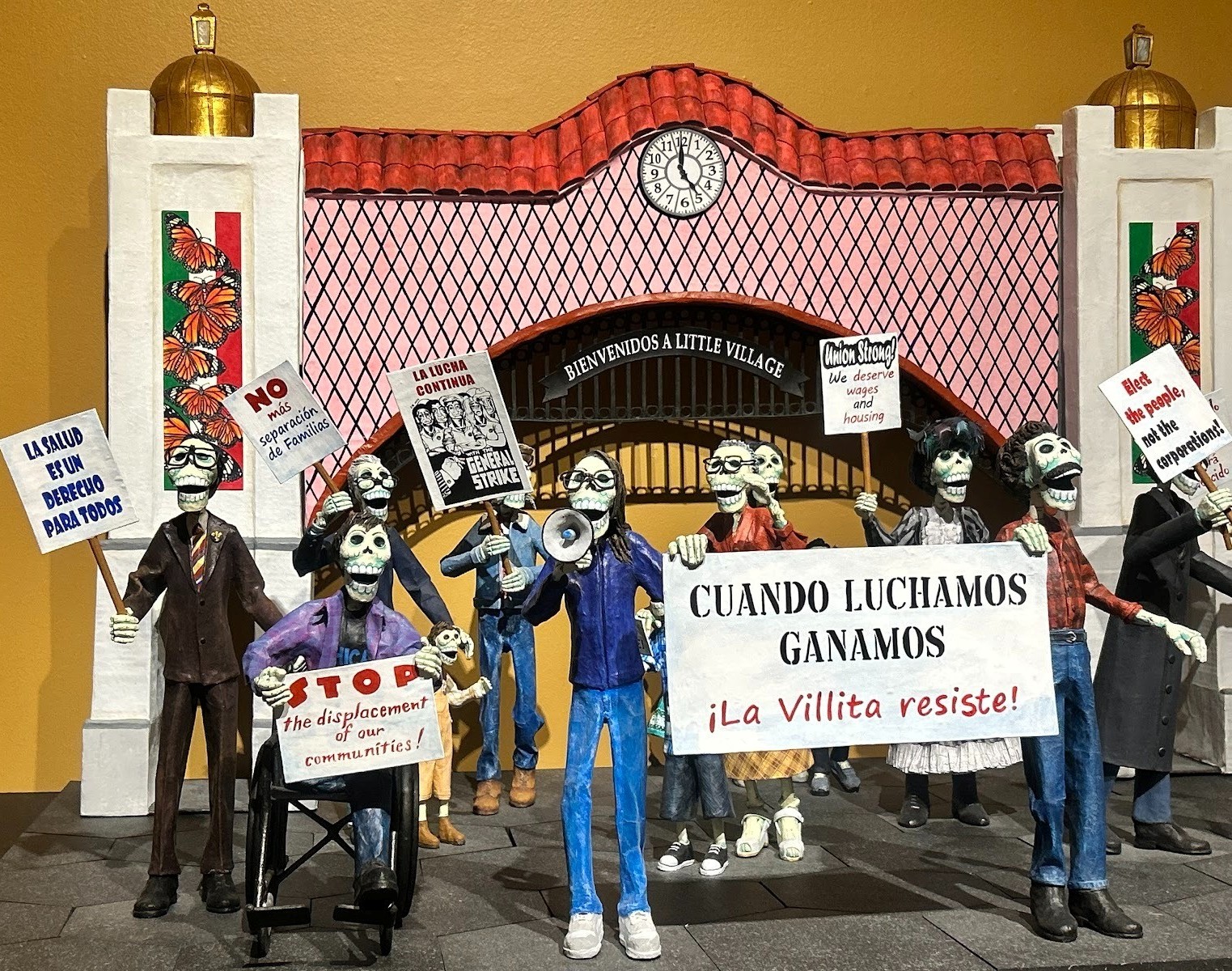

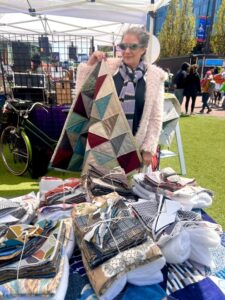
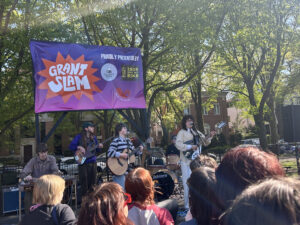








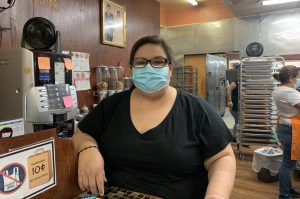
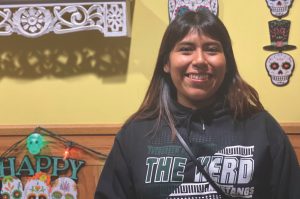


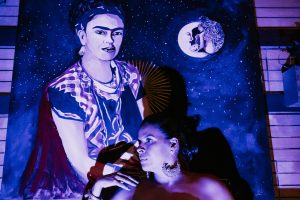

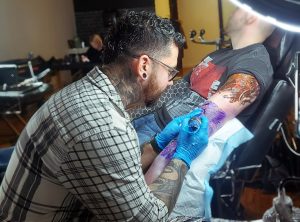
Be First to Comment